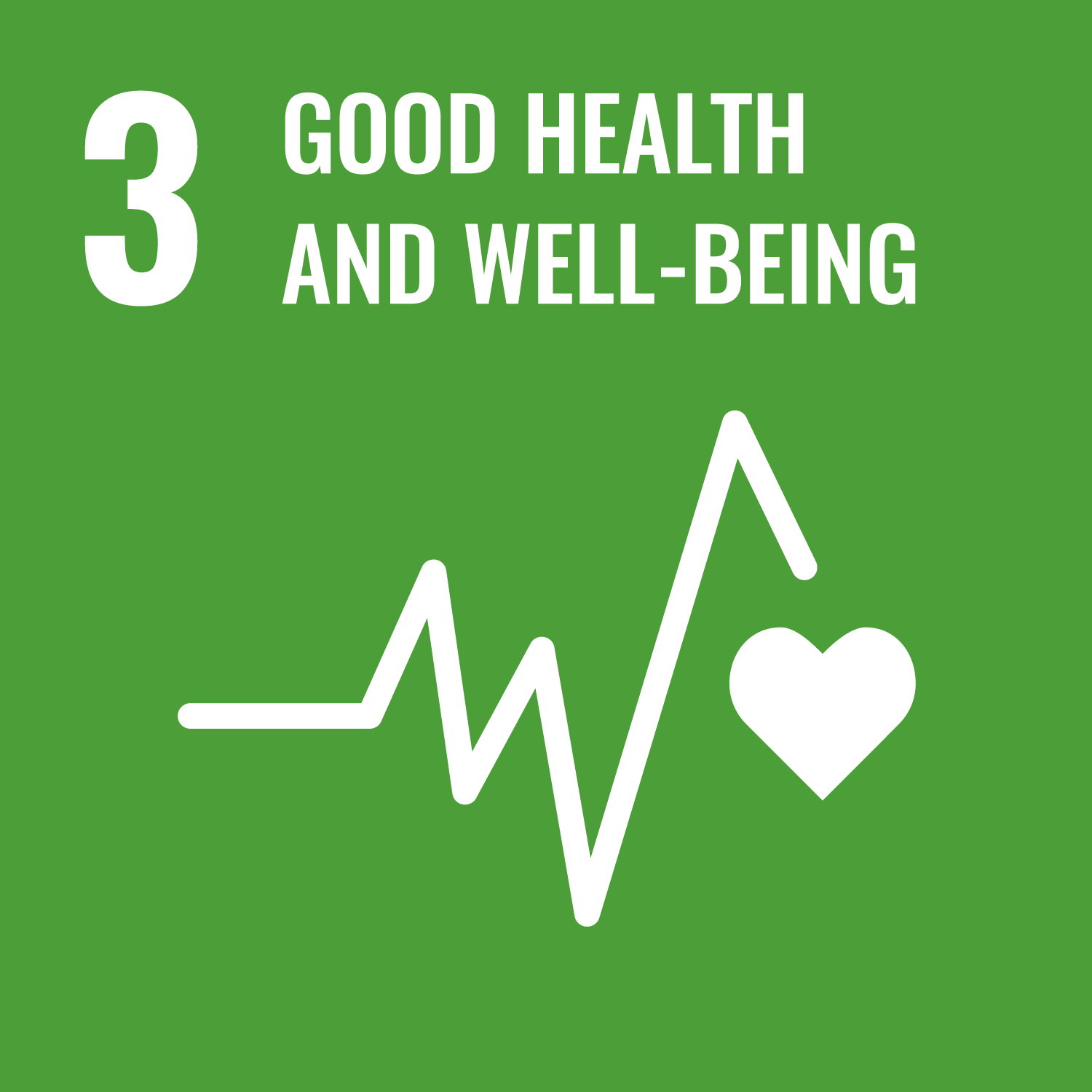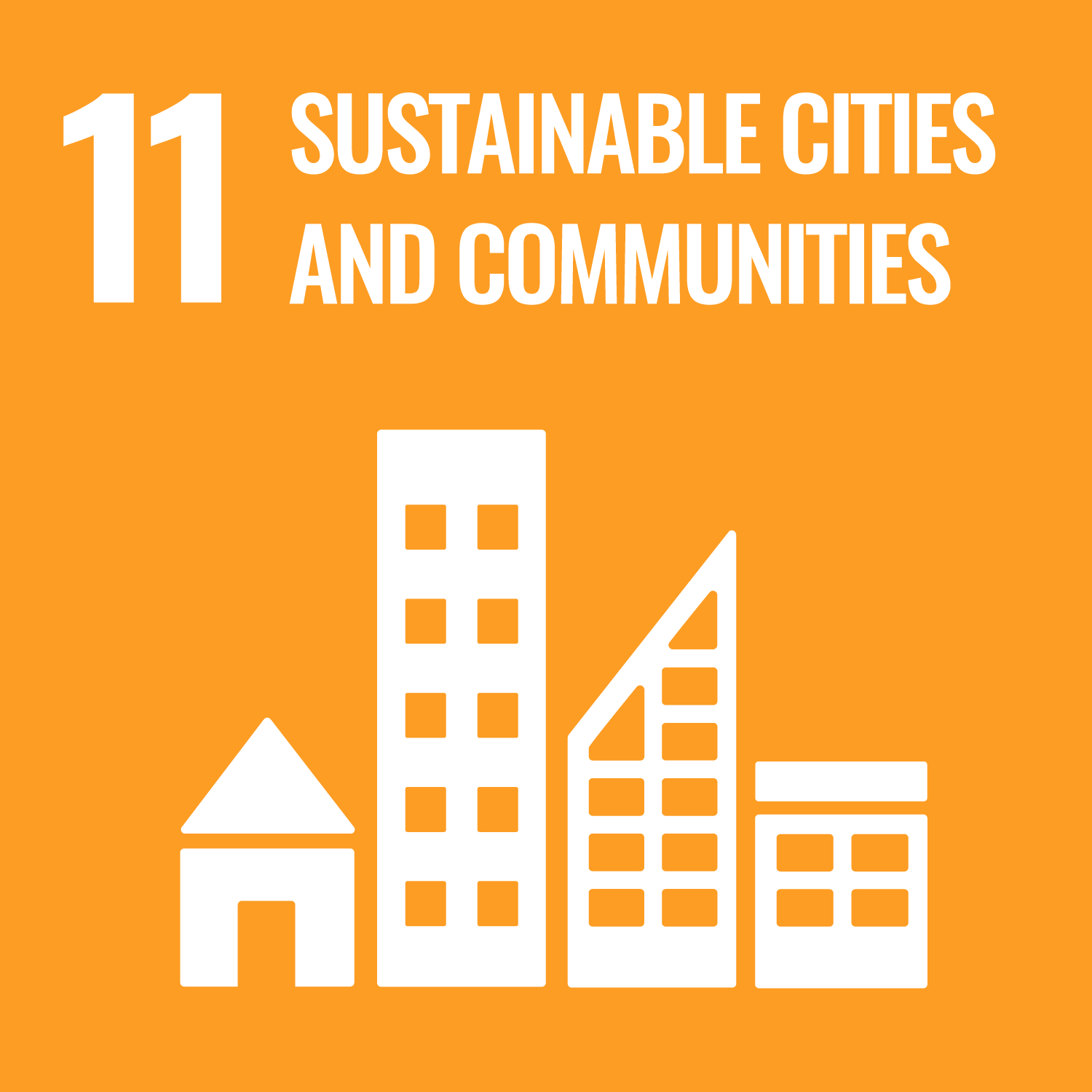IFRC embraces road safety at annual meeting
This year, the annual General Assembly of the International Federation of Red Cross and Red Crescent National Societies was special to those working within the Global Road Safety Partnership. The 187 Red Cross and Red Crescent National Societies officially endorsed a common global agreement that recognized road safety as a man-made crisis with a humanitarian dimension. This alone was enough to draw smiles on the faces of the staff working with the 11-year old partnership, yet, those smiles only told half of the story. The potential effect of this agreement seemed to go beyond what many had expected.
 “The results of the meetings this week are even better than we could have hoped for, and I honestly think could become a marker point in global road safety progress when we look back on it in a few years’ time,” commented Andrew Pearce, CEO of the Global Road Safety Partnership, in a letter addressed to his team.
“The results of the meetings this week are even better than we could have hoped for, and I honestly think could become a marker point in global road safety progress when we look back on it in a few years’ time,” commented Andrew Pearce, CEO of the Global Road Safety Partnership, in a letter addressed to his team.
Pearce thanked his staff, all Road Safety partners, members, and friends for this achievement.
“There is also recognition that there is a common global reference centre for road safety for the International Federation called the Global Road Safety Partnership. It did not happen by chance, it came because of the consistent teamwork and performance of the whole of our team, our staff, our partners, and members and the Red Cross Red Crescent National Societies with which we have been working,” he added
The General Assembly had brought together 187 national societies from around the world. They met between 22 and 25 November 2011, to discuss international priorities for the organization. Yet this year, road safety was an important item on the agenda driven higher by the commemoration of the Decade of Action for Road Safety.
“Road Safety is no longer a technical problem; it is not a transport problem; it is a community, man-made problem,” said Ibrahim Osman, deputy Secretary General of the Federation during the plenary session on Road Safety. “It is about prevention and reducing human suffering. This is a global problem, like Malaria. It is a service and not just an opportunity and it can become a success story for all of us in this world.”
The subject captured the attention of the different National Societies attending the workshop. Representatives of societies from Yemen, Vietnam, Iraq, Cambodia, Egypt, Namibia, Mexico, Ethiopia, Jamaica, Bangladesh, Ukraine, Poland, and others, including a high income country like Belgium all commended the need for a global framework addressing road safety and pledged to integrate Road Safety within their national plans.
“Road crashes take the lives of 1.3 million people every year, that is almost the same death toll as natural disasters, with the same consequences and injuries,” said a delegate of the Russian Red Cross. “This disaster should be confronted with vigorous legislations and engagement.”
Other societies echoed this spirit. “We already have a road safety strategy in place; we can share knowledge so that we build a road safety culture. I will try to build it in my society,” said a delegate from Portugal.
Everyone also agreed on the urgency of the problem. “It is not going to be reduced if we do not do something about it now,” said a Mexican delegate.
What these societies have been calling for found its way to the final IFRC report. The Federation acknowledged the relevance and importance of this issue by including it within its activities and following up with a series of recommendations. The federation approved the common framework for action as well as the pledge to road safety. It recommended supporting the proposal to submit “a joint commitment between National Societies and governments on road safety” to the International Conference. The Federation will have to report on the implementation of this commitment at the next General Assembly in 2013.
Since resolution 64/255 on road Safety was adopted by the United Nations General Assembly, this achievement seems to be another milestone in the history of GRSP.
“It is, of course, a milestone that needs following up with a lot of hard work,” said Pearce.




